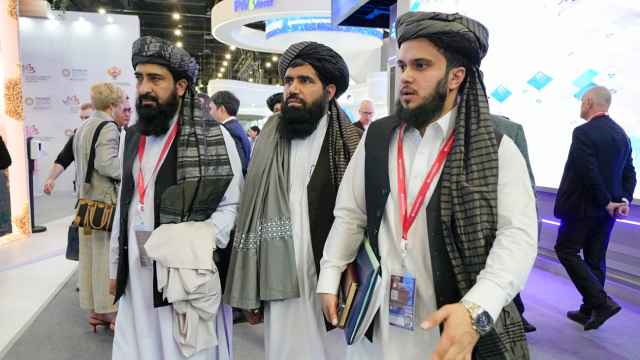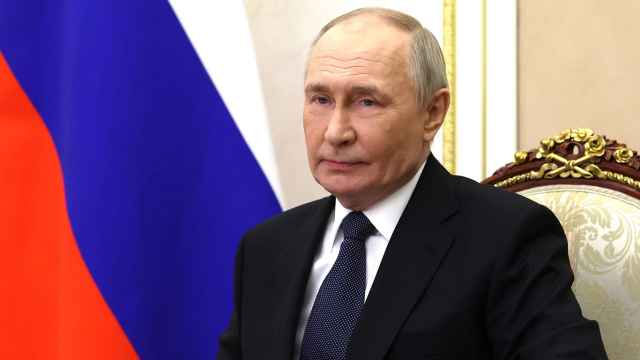The current wave of young job candidates entering the labor market presents unique challenges to hiring managers, experts said at a forum dedicated to human resources on Tuesday.
Freedom loving, soul searching and socially conscious are some of the hallmarks of young professionals from Generation Y, an age group born in the period from the late 1970s to the mid-1990s. And they are the kinds of potential employees that can leave employers disoriented, especially if these employers have not updated their corporate values.
The problem with current human resources methods is that they are based on ideas that originated in the 1950s and 1960s, said Andrei Rossokhin, professor at the Higher School of Economics, during Vedomosti's annual Human Resources Forum.
Namely, employers still believe that job candidates are primarily motivated by money. But for Generation Y, money is no longer the key factor when selecting a job, and they are not willing to sacrifice their dreams for a good paycheck.
Young professionals are paying more attention to factors other than remuneration such as the location of the company offices, quality of executives, flexible schedules and relaxed dress code, said Yelena Novikova, business development director at Hays recruitment firm.
"We can try to break them to make them like Generation X, but this is impossible. These methods will just incite rebellion," Rossokhin said of the challenges that these new values posed for recruiters. "Or we can really understand how to incorporate their personal interests, how to make them company co-investors in the psychological sense."
Yulia Shulga, personnel manager at Rambler-Afisha and herself a member of Generation Y, said her peers could not be mobilized by the promise of free muffins or other corporate perks, but would work for a company with a unique and fulfilling mission — past midnight or even for free.
It helps if the company provides the flexible schedules and personal freedom that Generation Y job candidates are so hungry for. It also helps for the company to be hip — something Svetlana Chekletsova knows her employer is not.
A deputy director at national electric company Unified Energy Systems, Chekletsova said it was hard to get students to even study electrical energy because it is not a field they usually dream of when they are children. To make sure they get their hands on the few who have the right course of study, the company partners with six institutes to develop special curriculums and offers paid internships to seniors.
These partnerships cost the company about 2.5 million rubles ($78,000) each.
"We have two choices. Either we go after Generation Z [those born in the mid or late 1990s] and give it what it wants in terms of motivation. But then our company would have to be completely different," Chekletsova said. "So for us, the aim is to either find among Generation Z people who will smoothly flow into our corporate culture or, from an early age, foster these qualities in them."
Generations Y and Z have good prospects for finding a job in the future, especially those in Russia, according to a Hays study from last December. Russia will lead the world by 2030 in terms of a labor deficit. The country will need an additional 17 million specialists due to declining demographics and the brain drain.
Contact the author at e.smirnova@imedia.ru
A Message from The Moscow Times:
Dear readers,
We are facing unprecedented challenges. Russia's Prosecutor General's Office has designated The Moscow Times as an "undesirable" organization, criminalizing our work and putting our staff at risk of prosecution. This follows our earlier unjust labeling as a "foreign agent."
These actions are direct attempts to silence independent journalism in Russia. The authorities claim our work "discredits the decisions of the Russian leadership." We see things differently: we strive to provide accurate, unbiased reporting on Russia.
We, the journalists of The Moscow Times, refuse to be silenced. But to continue our work, we need your help.
Your support, no matter how small, makes a world of difference. If you can, please support us monthly starting from just $2. It's quick to set up, and every contribution makes a significant impact.
By supporting The Moscow Times, you're defending open, independent journalism in the face of repression. Thank you for standing with us.
Remind me later.





